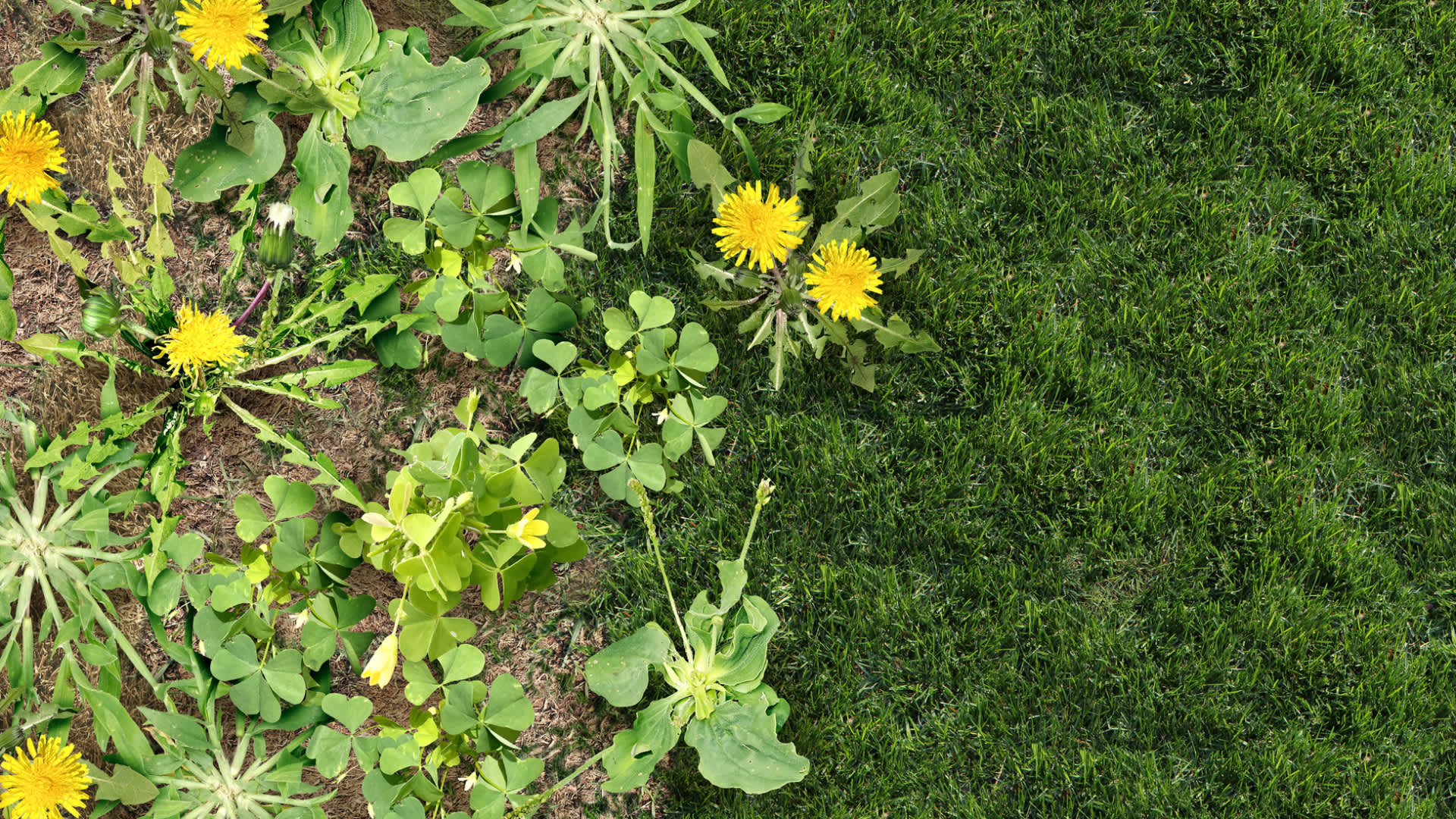The Hidden Environmental Cost of Landscape Fabric: Expert Warns Against Popular Gardening 'Solution'
A leading garden expert has initiated a crucial debate about the environmental impact of landscape fabric in domestic gardens. The analysis reveals significant concerns about soil health and ecosystem disruption, while proposing sustainable alternatives that benefit both the environment and gardeners.

Sustainable garden featuring native plants and natural mulching as alternatives to synthetic landscape fabric
Environmental Concerns Rise Over Common Garden Practice
A professional garden coach has sparked an important debate about sustainable gardening practices, challenging the widespread use of landscape fabric—a product that has become increasingly controversial among environmental experts.
The Environmental Impact
The critique, initially shared through social media platform TikTok by garden specialist Hygge Haven, raises significant concerns about the long-term ecological implications of using synthetic landscape fabrics in domestic gardens.
'Now you're pulling up weeds and yanking up the fabric with it. Now you just have bits and pieces of fabric on the bottom layers of your soil,' the expert explains, highlighting the potential for environmental degradation.
Scientific Analysis of the Problem
Research suggests that landscape fabric, whilst marketed as an efficient weed control solution, presents several environmental challenges:
- Soil degradation through moisture trapping
- Disruption of natural ecosystem processes
- Creation of synthetic waste in garden environments
- Impediment to beneficial soil microorganism activity
Sustainable Alternatives
Environmental experts advocate for more sustainable approaches to garden management, including:
- Native plant integration
- Clover and buffalo grass alternatives
- Xeriscaping techniques
- Natural mulching systems
Economic and Environmental Benefits
These eco-friendly alternatives not only address environmental concerns but also offer substantial economic advantages through reduced water consumption and decreased maintenance requirements.
Community Response and Future Implications
The gardening community has responded positively to this critique of traditional practices. Numerous gardeners have shared their experiences of transitioning to more sustainable methods, indicating a growing awareness of environmental responsibility in domestic gardening.
This shift in gardening practices represents a broader movement towards environmental consciousness in domestic landscaping, aligning with current climate action initiatives and biodiversity preservation efforts.
Thomas Reynolds
Correspondent for a London daily, specialist in British foreign policy and transatlantic issues.
